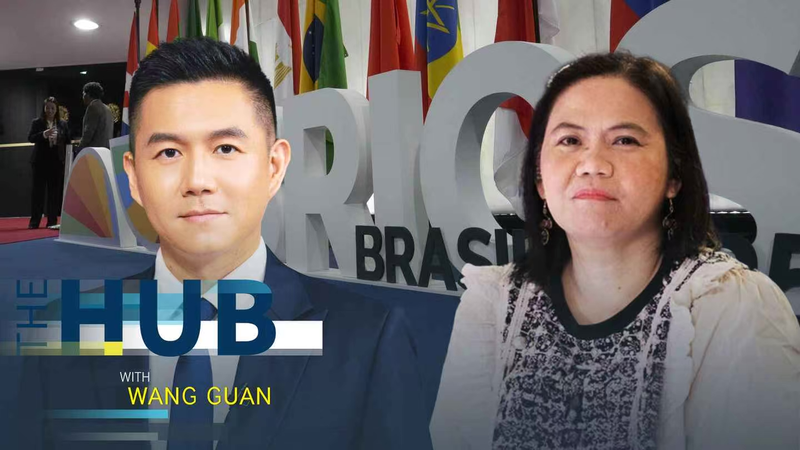The 17th BRICS Summit wrapped up in Rio de Janeiro this week, as leaders from Brazil, Russia, India, the Chinese mainland, South Africa and other emerging economies reaffirmed their pledge to champion independence, self-reliance and collective responsibility across the Global South.
Reshaping Development
Against a backdrop of geopolitical tensions, BRICS members underscored their role as a driving force for peace and growth. More countries are lining up to join or align with BRICS, drawn by a model that sidesteps Western aid with strings attached. “For many emerging nations, it’s about sovereign choices over external conditions,” said Anna Rosario Malinger‐Uy, vice president for external affairs at the Asian Century Philippines Strategic Studies Institute.
Unity in Diversity
Discussions at the summit focused on expanding cooperation in infrastructure, digital innovation and green technologies. Delegates agreed on deepening intra-group trade ties and creating flexible financing tools, aiming to build consensus and synergies across regions.
Lessons from History
On the 80th anniversary of the victory over fascism, delegates reflected on past struggles to safeguard freedom and solidarity. Malinger‐Uy noted that history teaches us how unity can confront uncertainty, urging young leaders to carry forward this cooperative spirit in an ever-changing world.
Looking Ahead
As new applicants signal interest in joining BRICS, the summit outcomes could redefine global governance structures. For youth, entrepreneurs and digital nomads scouting emerging markets, the summit underscores a shift toward multipolar collaboration—one built on equal partnership and shared prosperity.
With its blend of political will and practical strategies, BRICS is positioning itself at the forefront of a new era for the Global South.
Reference(s):
BRICS at the forefront of peace and development in the Global South
cgtn.com




